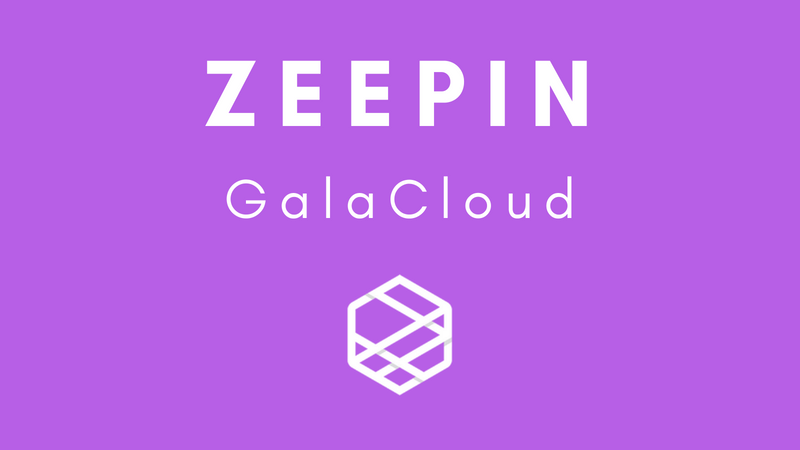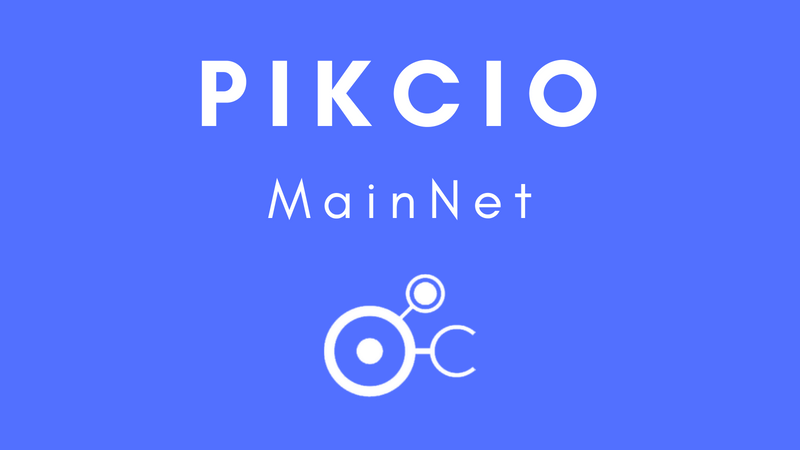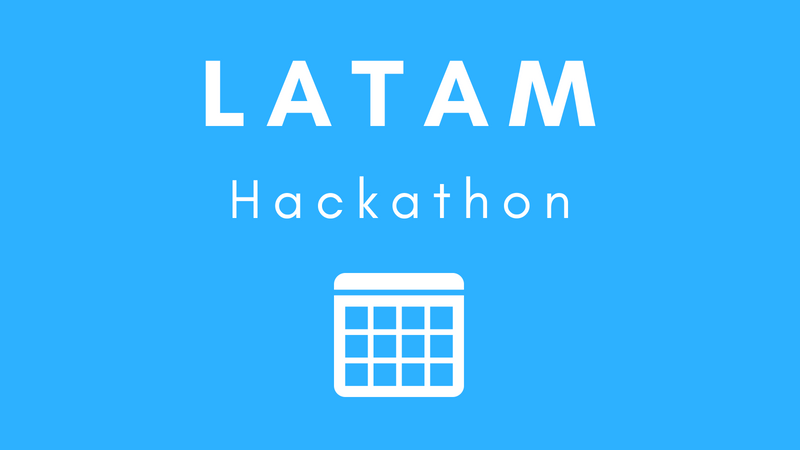
On August 1st, Zeepin, a distributed network for creative industries, announced its GalaCloud platform. GalaCloud is an encrypted cloud storage system that claims to have “noticeable advantages” over existing cloud solutions. The application provides an additional layer of security whilst also connecting with other dApps in the Zeepin ecosystem. GalaCloud will provide a distributed storage space for Zeepin dApps running on its public chain infrastructure.
In addition to interacting with Zeepin’s ecosystem, GalaCloud was developed to resolve some key issues with centralized cloud storage. These issues were outlined in the company’s Medium post that can be read here.
The first pain point that GalaCloud addresses is security threats. Zeepin claims that since most storage providers run on an inherently centralized infrastructure they have a single point of failure, and thus are vulnerable to attacks and theft of valuable data. Also, in spite of encryption and good governance, the project claims that these platforms “still cannot guarantee data confidentiality and security.”
The second threat to centralized cloud storage platforms is economic in nature. Zeepin describes that the market suffers from a “data monopoly” and “vicious competition” between its largest companies. These factors are then claimed to lead to dysfunctional behavior such as profiteering from user data and the denial of data ownership.
Lastly, users also face a counter-party risk if the platform shuts down or is seized due to suspected illegal activity. The result of platforms vanishing is that millions of users could lose their irreplaceable data with no recourse to get their files back.
Zeepin claims GalaCloud will solve these issues in a number of ways. One key selling point is that it is distributed, thus eliminating the burden of trust that users face when using a cloud storage platform. Additionally, Zeepin claims that all information is safe and encrypted and that copies of the users’ data will be “simultaneously generated.” Users also remain in control of their data unless they choose to share their private key with others.
The other advantages relate to the security of its distributed network. Zeepin claims that all of the platform’s operations run on smart contracts on the Zeepin public chain and will operate automatically, thus making the platform both autonomous and decentralized. Due to GalaCloud’s decentralization, this leads to a secondary benefit of it being impervious to attacks and other disasters, facilitated by its sharding mechanism.
Zeepin also gave a description of GalaCloud’s infrastructure. GalaCloud DESNet is the official distributed storage system used by the platform, comprised of nodes named GalaHub and GalaBox, each having their own unique functions. GalaHub, for example, performs a sharding function that searches addresses and coordinates GalaBox nodes. GalaBox nodes provide a service for data shard storage, receiving upload and download requests and also storing encrypted files in a distributed manner. As an additional interaction between Zeepin’s dApps, GalaBox storage can also be obtained through its crowdfunding ZeeFund platform.
In addition to its standalone features, GalaCloud also has a key interaction with GALA – Zeepin’s token for its public chain. Users pay in GALA for storage space on the platform and a portion of those tokens are then distributed to node operators. The tokens reimburse operators for the use of storage space for GalaBox and GalaHub nodes. Also, users can buy GALA to purchase extra storage space. According to Zeepin, these economic synergies “will greatly facilitate the circulating value and the diverse application scenarios of GALA”.
Finally, Zeepin stated that its whitepaper will be released very soon, and that its GalaHub and GalaBox G1 applications will be released over the next few weeks.
More information on Zeepin can be found at the links below.







About The Author: Matthew North
Matthew North is a freelance writer and journalist who resides in East Asia. He spends his time writing and learning about financial technologies like the Blockchain and digital currencies. You can follow him on twitter @fintech_matthew.
More posts by Matthew North